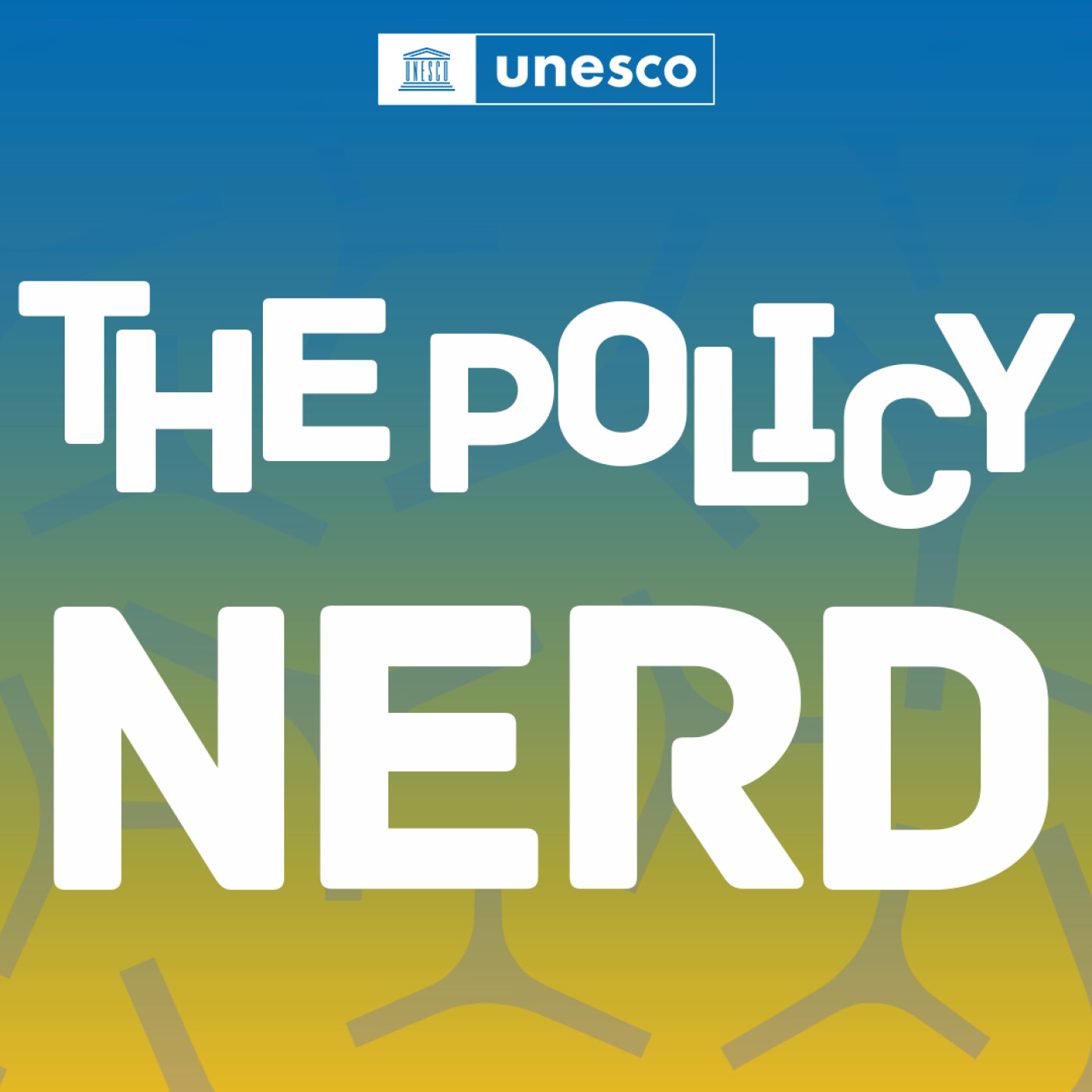Institutions fuel prosperity, make them inclusive and capable
Description
Daron Acemoglu, the newly minted Nobel prize laureate in Economics and distinguished Institute Professor at the Massachusetts Institute of Technology (MIT), debunks for us some long-standing assumptions about technology, productivity, and shared prosperity. Benefits do not automatically tickle down from industry to workers. Distributive gains take inclusive institutions and a calibrated approach that creates greater competition, changes the norms in the industry, and deals specifically with market failures via a host of incentives, subsidies, taxes, and regulations. In the case of the tech industry, that starts with a vision that is pro-worker and pro-democratic – the opposite of what Acemoglu characterizes as the current Silicon Valley equilibrium. Finally, we are asked to think very critically about some of the trending policy solutions. Universal basic income is not the silver bullet some see it to be. Data value and its distribution, on the other hand, deserve great attention. Data is going to be as important as land is to production. How do we treat it as such? Find answers in his discussion with Gabriela Ramos, UNESCO’s Assistant Director-General for Social and Human Sciences.
Hosted by Ausha. See ausha.co/privacy-policy for more information.
More Episodes
Published 10/16/24
Sudip Parikh, CEO of the American Association for the Advancement of Science and Executive Publisher of the Science journals, talks to us about major trends in science and how they affect us all. He begins by saying that populism and polarisation are taking hold of science. Belonging to a group –...
Published 04/10/24
Mark Esposito, Professor at Hult International Business School and Adjunct Professor of Public Policy at Georgetown University, joins us today to discuss crisis and resilience. He dissects the concrete markers of a resilient system and discusses what helps it withstand (and possibly thrive in)...
Published 02/09/24


